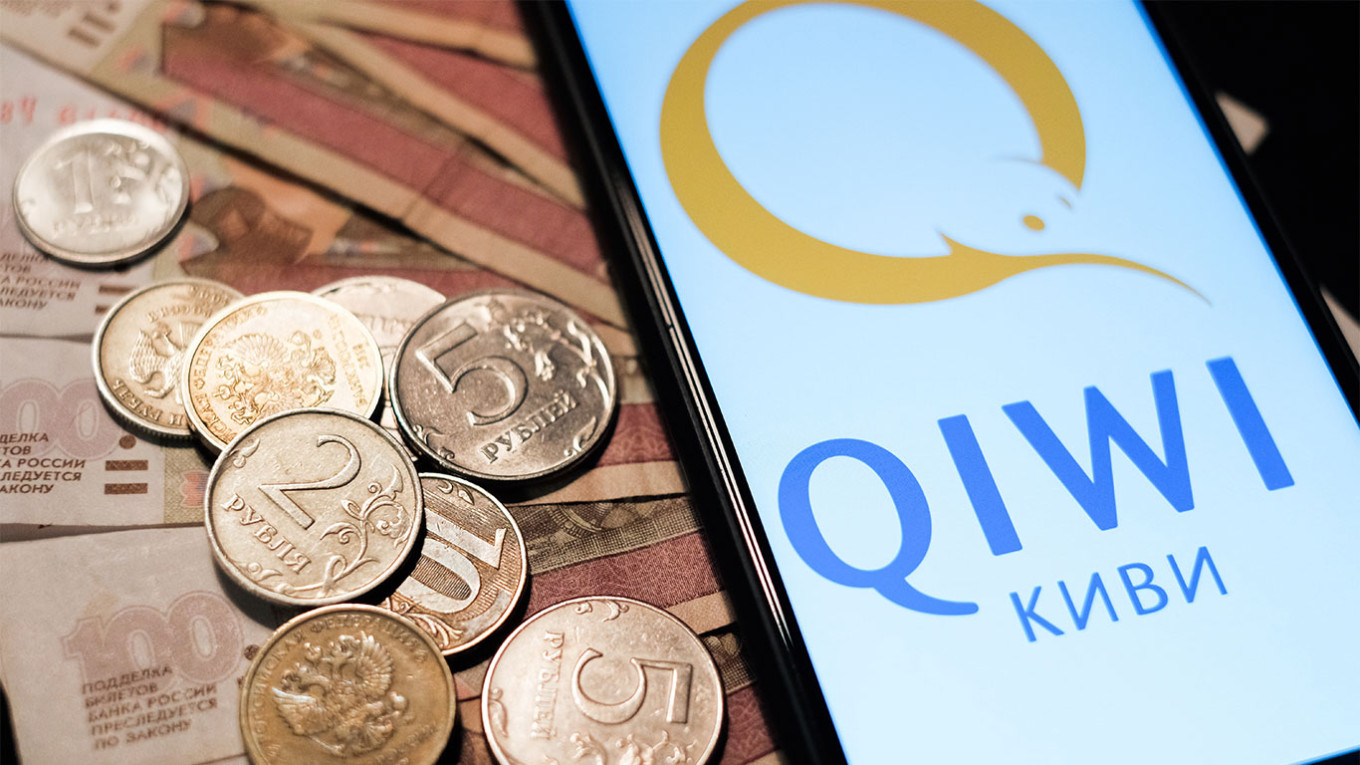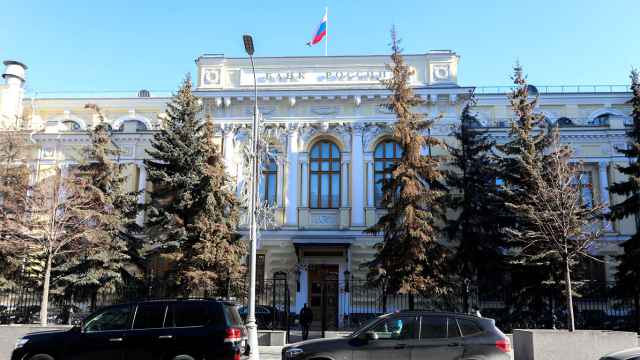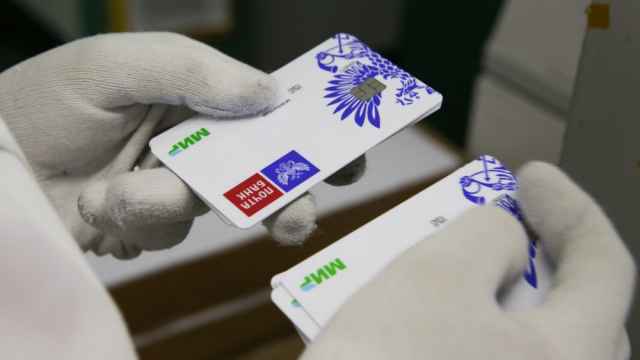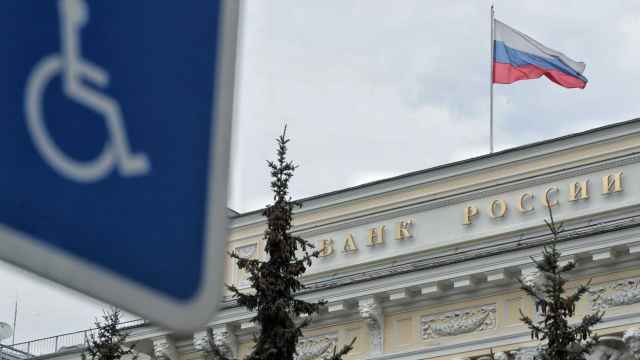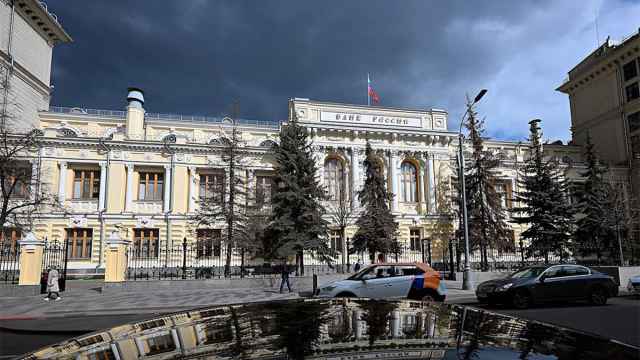Updated with Qiwi's statement.
Russia’s Central Bank said Wednesday it has revoked the license of Qiwi Bank over what it called “high-risk operations” involving the black market.
The announcement comes a month after Qiwi Bank’s owner, Cyprus-based payments provider Qiwi, said it completed a corporate restructuring by agreeing to sell its Russian assets. The restructure would allow Qiwi to continue being listed on both NASDAQ and the Moscow Exchange (MOEX).
“[Qiwi Bank] systematically violated legal requirements in anti-money laundering and countering the financing of terrorism,” the Central Bank said in a statement, describing Russia’s 89th-largest bank as an “insignificant creditor in the real economic sector.”
“Its activities were characterized by involvement in high-risk operations aimed at settlements between individuals and the black market, including transfers of funds to crypto exchanges, illegal online casinos, bookmakers, etc.,” it added.
The regulator said the Deposit Insurance Agency of Russia will assume the functions of temporary administration over Qiwi Bank.
Clients were blocked from transferring funds to and from their Qiwi wallets and the Qiwi-owned money transfer system Contact following the news, according to media reports.
In addition to personal wallets, Qiwi Bank’s stripped license has knocked off Qiwi’s outdoor payment terminals that receive payments for housing, utilities and other services.
The revoked license has also disrupted online payments for telecom services at four major banks that used Qiwi’s payment system, including Raiffeisenbank.
The Deposit Insurance Agency of Russia later confirmed that it would refund Qiwi Bank’s clients up to 1.4 million rubles ($15,000) within 30 days if they prove to be account holders.
Qiwi’s Moscow-listed depositary receipts plummeted nearly 50% as of early Wednesday.
Later on Wednesday, the company said in a statement to clients that it had closed its offices in Moscow, St. Petersburg and Kazan.
“We understand that you have many questions. We're looking into the situation and will get back to you as soon as we have information about our next steps,” the statement read.
MOEX banned the short-selling of Qiwi stocks starting Thursday.
NASDAQ suspended Qiwi's American Depositary Shares shortly after Russia invaded Ukraine in February 2022.
Qiwi posted a record profit in 2022 as Russians were cut off from cross-border transactions over the war in Ukraine.
A Message from The Moscow Times:
Dear readers,
We are facing unprecedented challenges. Russia's Prosecutor General's Office has designated The Moscow Times as an "undesirable" organization, criminalizing our work and putting our staff at risk of prosecution. This follows our earlier unjust labeling as a "foreign agent."
These actions are direct attempts to silence independent journalism in Russia. The authorities claim our work "discredits the decisions of the Russian leadership." We see things differently: we strive to provide accurate, unbiased reporting on Russia.
We, the journalists of The Moscow Times, refuse to be silenced. But to continue our work, we need your help.
Your support, no matter how small, makes a world of difference. If you can, please support us monthly starting from just $2. It's quick to set up, and every contribution makes a significant impact.
By supporting The Moscow Times, you're defending open, independent journalism in the face of repression. Thank you for standing with us.
Remind me later.


